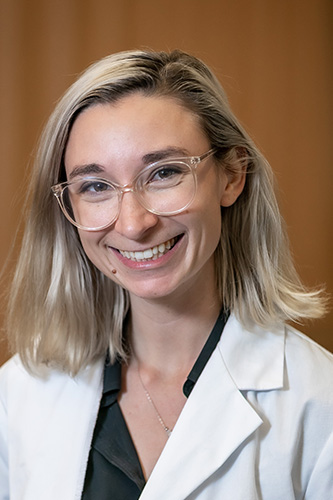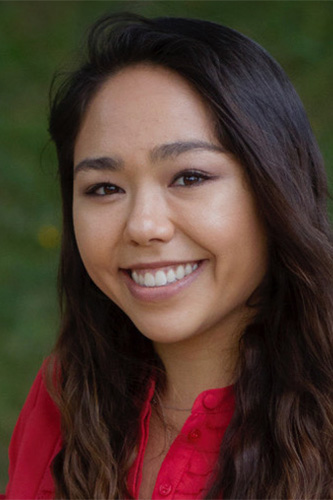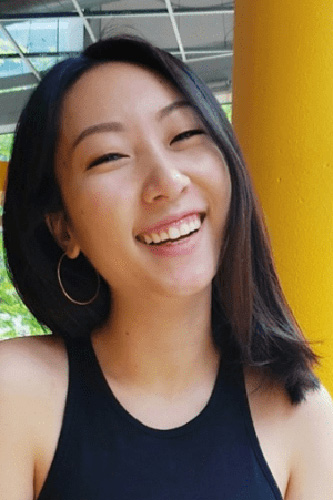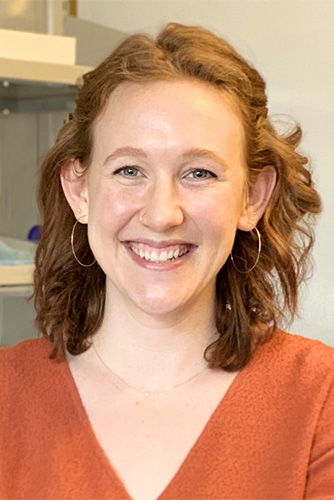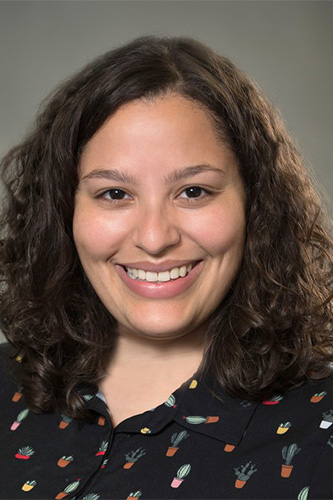Education
What We Do
As part of the Northwestern University Feinberg School of Medicine community, the Simpson Querrey Center for Neurogenetics actively supports the medical school’s academic mission. Laboratories within the center provide training opportunities for undergraduate, graduate and medical students as well as postdoctoral fellows. For information on opportunities in specific labs, please contact individual center members.
Medical Students
The Center for Neurogenetics will support students pursuing an Area of Scholarly Concentration (AOSC) project by providing access to our biorepository and genetics clinics as well as mentorship by center members. The AOSC program at Feinberg is a pillar of the curriculum leading to the MD degree. Students perform a hypothesis-driven investigation in an individualized area of independent study within biomedical research or a medically related field. Faculty mentors, research leadership and Feinberg resources provide students with structured, individualized support, ensuring core skills are obtained while students retain the flexibility to pursue lines of scientific inquiry of greatest interest to them.
For more information about AOSC, please contact the program manager of student research, Liza Rivnay, at liza.rivnay@northwestern.edu.
Clinical Trainees
Through the Ken & Ruth Davee Department of Neurology, our members work with medical students and trainees in a clinical environment to prepare them for careers as neurologists. Training with our members provides the added benefit of specialized knowledge and experience in neurogenetics, setting trainees on the path of leading-edge developments in the field.
Learn more about clinical training on the Neurology website.
Graduate Students
PhD students are accepted into center members’ labs through the following programs. View a list of all our members to see the full breadth of research being led in our labs.
- The Driskill Graduate Program in Life Sciences (DGP) trains PhD students in biomedical sciences while giving them the flexibility to pursue a variety of research interests, dual degrees and specialized tracks. Learn more about applying to DGP.
- The Northwestern University Interdepartmental Neuroscience (NUIN) is a research-oriented PhD program that trains students across Northwestern schools and departments. Learn more about applying to NUIN.
Postbaccalaureates
Northwestern University Interdepartmental Neuroscience (NUIN) also offers the NU Postbaccalaureate Research Education Program to prepare its trainees for competitive admissions to graduate school and for success in their future careers. Learn more about this program on the NUIN website.
Undergraduates
Undergraduates at Northwestern University can receive summer and academic-year research grants to work in labs led by our members.
We are currently seeking candidates for the summer grant. Visit our Summer Undergraduate Research Grant page to learn more about applying.
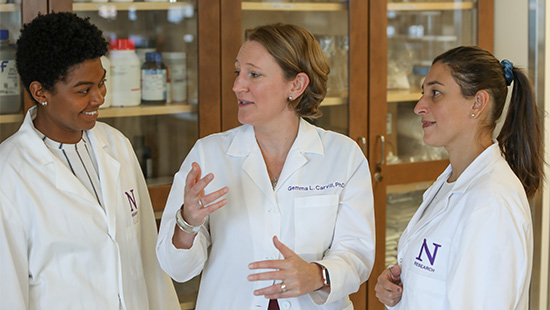
Summer Undergraduate Research Grant
The grant program provides a stipend for a 10-week summer internship with the center. We are seeking motivated undergraduate students who are interested in neurogenetics to conduct research with one of our labs.
